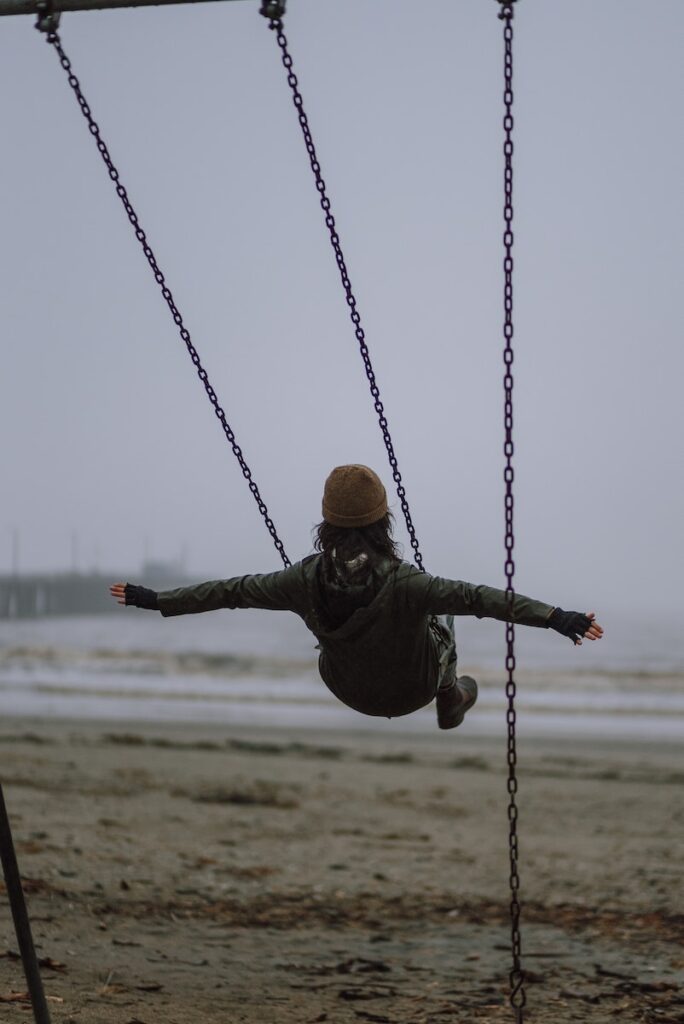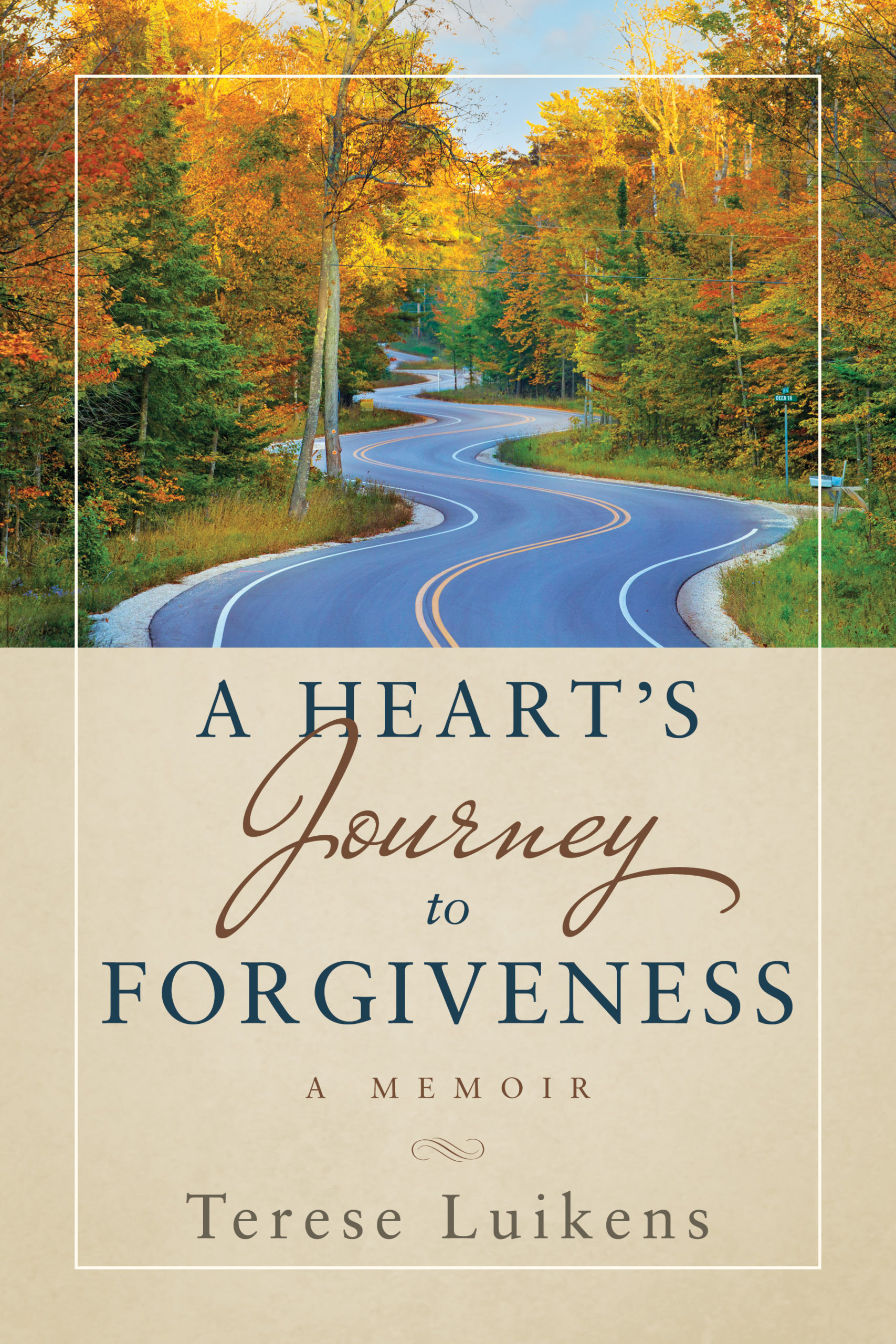
Why Bother Analyzing Our Anger?
I did not grow up in an emotionally intelligent household because emotions were never openly discussed in our family. I witnessed various forms of indignation displayed among family members, and drew my own conclusion about anger; it was not a good thing to be.
My childhood training did not include understanding that acknowledging, owning up to and talking about the rancor that sometimes rises up inside of us could actually be beneficial. It was only later in life, when I could no longer ignore my wrath, that I discovered its usefulness.
Paying Attention
As a kid, I learned about anger by watching the adults in my life. No one ever spoke the words, “I am angry,” yet somehow I knew when someone was peeved.
When my oldest brother was vexed, he yelled, hurled whatever object he held in his hand and stomped away from everyone. Mom used cutting words and her index finger to accentuate the air in proximity to your face. Dad literally put his hands on the culprit and tried to shake something out of them; their stupidity? My Grandma, when confronted by another person whose behavior or words ruffled her, clammed up and went on with whatever task was at hand.
Watching how anger had its way with others, I chose Grandma’s way; I’d simply ignore the person who offended me and move on. That worked well enough until it no longer worked well at all.
After my father ended his life by suicide the anger that infested me would not cooperate with being brushed aside. Instead, it wrapped and entangled itself around me, permeated my very being, and infiltrated my thinking. I became an angry woman. Not a pretty sight to behold.
There was quite the time span of years between when I first acknowledged my anger toward my father and then learning from that anger that I needed to forgive him.
First, I went through a long stage of denial. I shouldn’t be mad at Dad. That simmered my ire, but it still lay just under the surface and would erupt with minor misunderstandings between myself and someone else.
After exposing some of my anger, I’d scold myself for my reaction and try to do better the next time. It was a crazy making cycle that finally came to a head when my rage dominated most every mishap in my life. I became malevolent with my husband, witchy toward my sons and spiteful with friends. Finally, finding my way to forgiveness broke the cycle of my anger.
Why bother analyzing our anger? Anger turns us into bitter individuals. But when we take a look at what is behind our bitterness and discover anger, we find what needs to be altered. For me it was forgiveness. What is it for you?
New Release
